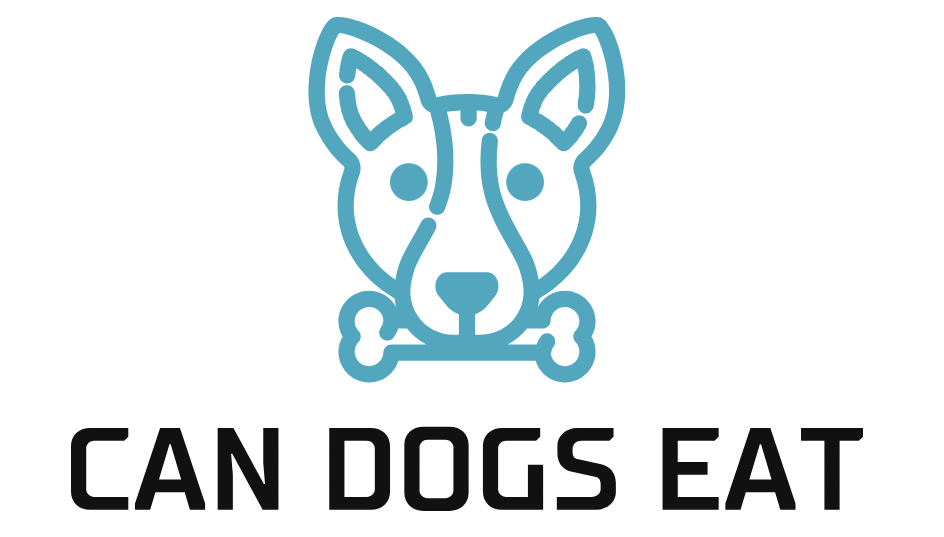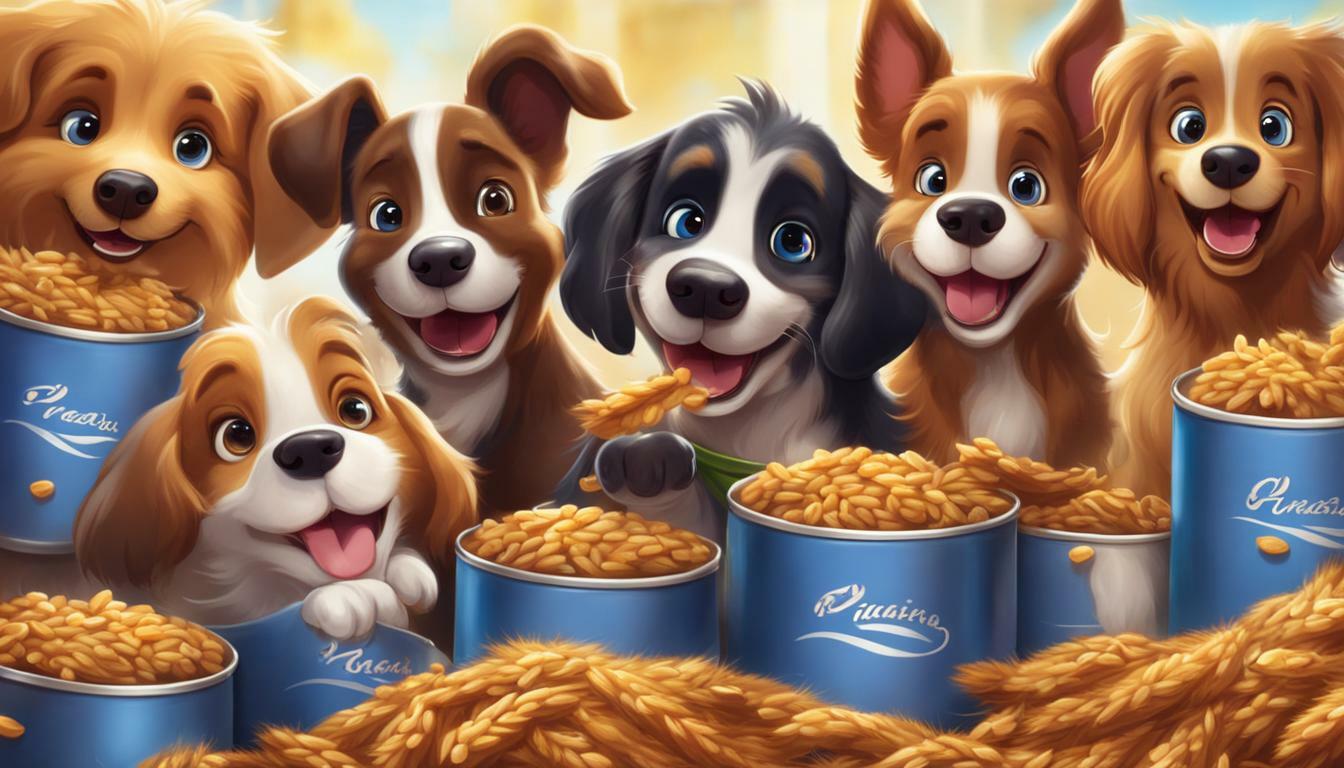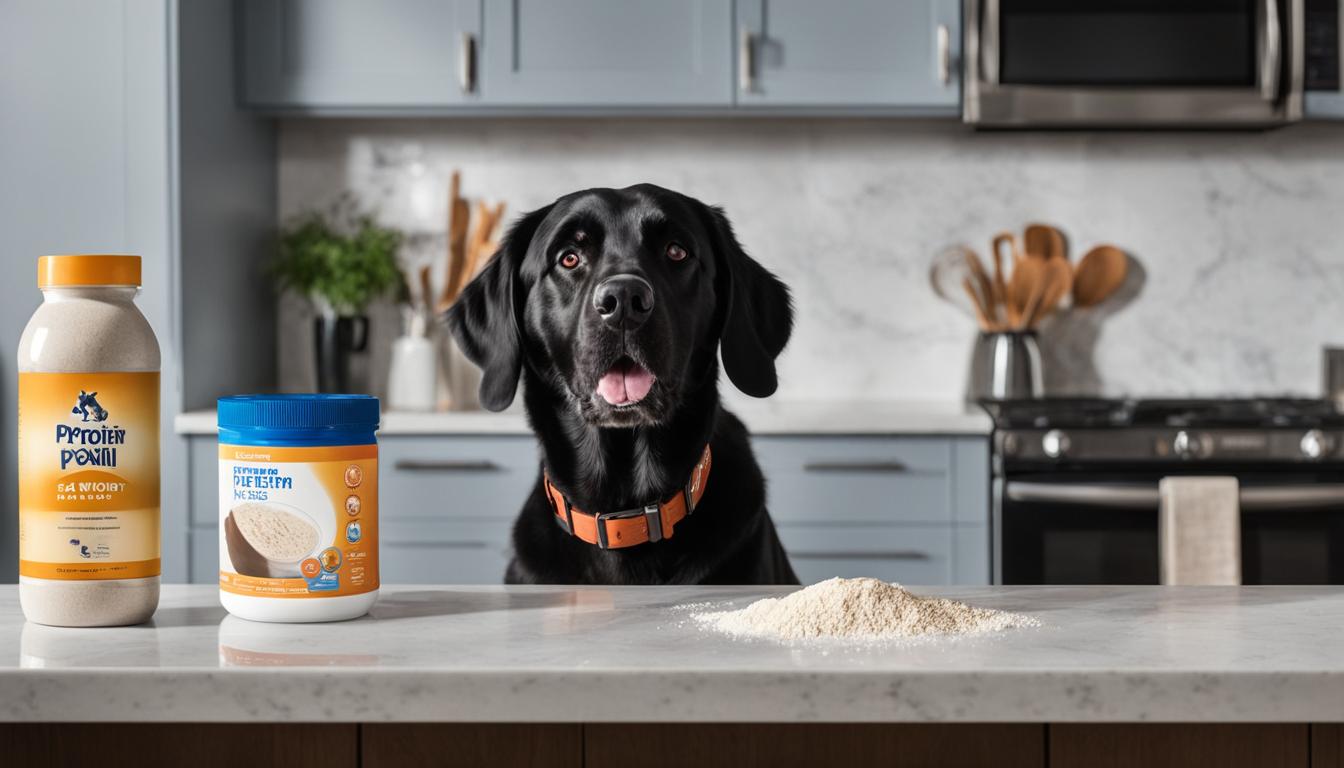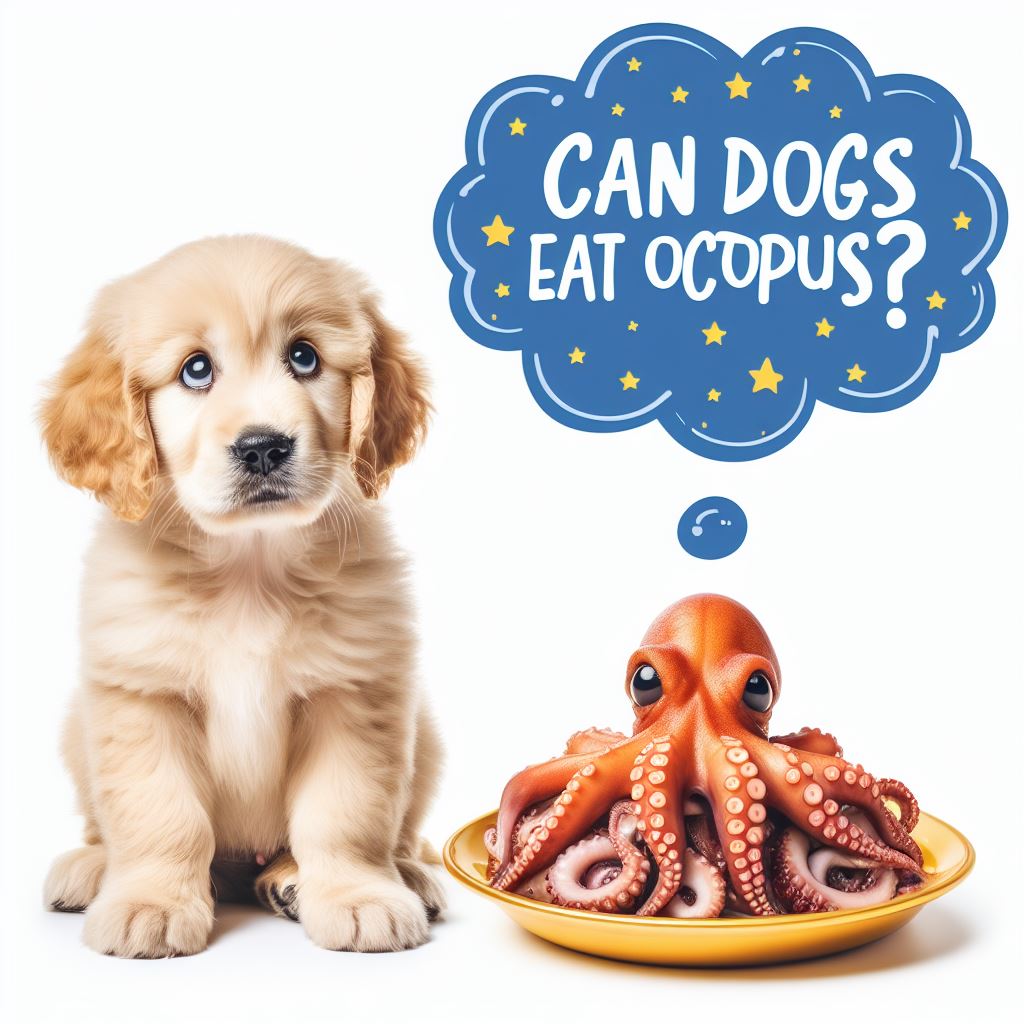While mac and cheese may be a favorite among most kids as well as some adults, it should be left there. A lot of people assume their dogs can partake in the same delicacies as them.
But that is simply not true. So what about mac and cheese? Can I share my mac and cheese with my dog?
Can dogs eat mac and cheese?
No, dogs should not be eating mac and cheese as it just isn’t good for them. It can lead to digestive issues, and that is the last thing we want.
Continue reading this article for some great info on dogs and mac and cheese and what you can expect if it gets consumed.
Can Dogs Eat Mac and Cheese?
Mac and cheese is not good for dogs at all, and dog owners should avoid feeding it to their four-legged friends. Your dog’s digestive system is very sensitive, and mac and cheese will do nothing but irritate it.
Mac and cheese contain gluten and dairy, which can harm your dog’s belly. This is especially true in puppies who do not yet have the proper enzymes needed to break down lactose.
A lot of people put onion and garlic in mac and cheese as a seasoning. But these can be very toxic to dogs.

What Shouldn’t I Feed My Dog Mac and Cheese?
There are several reasons why you need to keep your dogs away from mac and cheese.
- Weight Gain
- Lactose Intolerance
- Gluten Intolerance
- Toxicity
Weight Gain
As most of us probably know, mac and cheese is packed with carbs and can cause weight gain. This is no different for dogs. Especially if it gets eaten in large amounts, mac and cheese can put weight on your dog, causing health problems.
Weight gain is especially dangerous in dogs like the dachshund, who will have tremendous pressure put on their spines if they are carrying around extra weight.
Lactose Intolerance or Allergy
It seems like we hear the term lactose intolerant a lot these days. And it doesn’t just include people. An alarming number of dogs suffer from lactose intolerance.
Dogs lack the enzyme that breaks down lactose or milk sugars. Because they don’t have this enzyme, the undigested lactose will start to build up in the dog’s belly, leading to diarrhea and vomiting.
Lactose may affect some dogs more than others, but if your dog is lactose intolerant, giving her mac and cheese may end up being a big cleanup job for you.
Gluten Intolerance or Allergy
I have celiac disease, and I can tell you that gluten intolerance is not fun. The gluten and wheat found in pasta are just as upsetting to the stomach as lactose.
Dogs with gluten intolerance will have much the same reaction that one with lactose intolerance would.
Also, note that pasta comes in a lot of different varieties, and some are highly processed and bleached, which will not be digested well, even if the dog isn’t sensitive to gluten
Toxicity
Almost every food we eat today has some type of additive to it. That includes mac and cheese, which can commonly be seasoned with onions and garlic.
Onion and garlic can be poisonous for dogs.
The famous boxed mac and cheese also contain preservatives that may also be unhealthy or toxic to dogs. In fact, one of the worst kinds of mac and cheese your dog could get into is the boxed stuff.
Preservatives and artificial coloring are not good for your dog’s digestive system. They aren’t particularly good for ours either, but because a dog’s body isn’t used to them, they can wreak havoc.
Mac and cheese is highly processed, and it can vomiting, diarrhea, and constipation in dogs. Other dogs may even have an allergic reaction on their skin.
What Should I Do if My Dog Eats Mac and Cheese?
If your dog sneaks a small mouthful off of your plate, they will most likely be okay and hopefully not experience too much discomfort. But if a whole bowl of the cheesy stuff was consumed, you should probably expect it won’t come out so pleasant on the other end.
If the mac and cheese contained chunks of garlic and onion, you may want to place a call to the vet. But it is not likely that it will be an emergency situation.
Monitor your dog. Watch her bowel movements and energy level. Expect some vomiting and diarrhea so you can have everything on hand to clean it up.
Have plenty of water available for her, and if needed, you can switch her to a bland diet for a day or so to settle her belly. Boiled chicken and white rice usually do the trick for my dog when he has loose stool.
Cheese-Based Dog Treats
I’ve listed some of my favorite cheese-based treats that are meant for dogs and should not cause any stomach upset.
Purina Busy Bone Twisted Cheddar
These twisted treats by Purina are a delightful combination of bacon and cheese. Smoked and cheddar flavors will be tasty to your dog, as well as the crunchy texture.
Canine Carry Outs
These chewy, soft dog treats are great for a snack or for training. Made with real bacon and cheese, they are small enough for dogs of any breed.
Beneful Baked Delights
These treats by Purina are crunchy and baked with real beef and a cheese filling. Those are also filled with wholesome grains and have a soft center.
Meta Description
If you want to know if your four-legged friend can eat mac and cheese, read this article to find out.




Leave a Reply